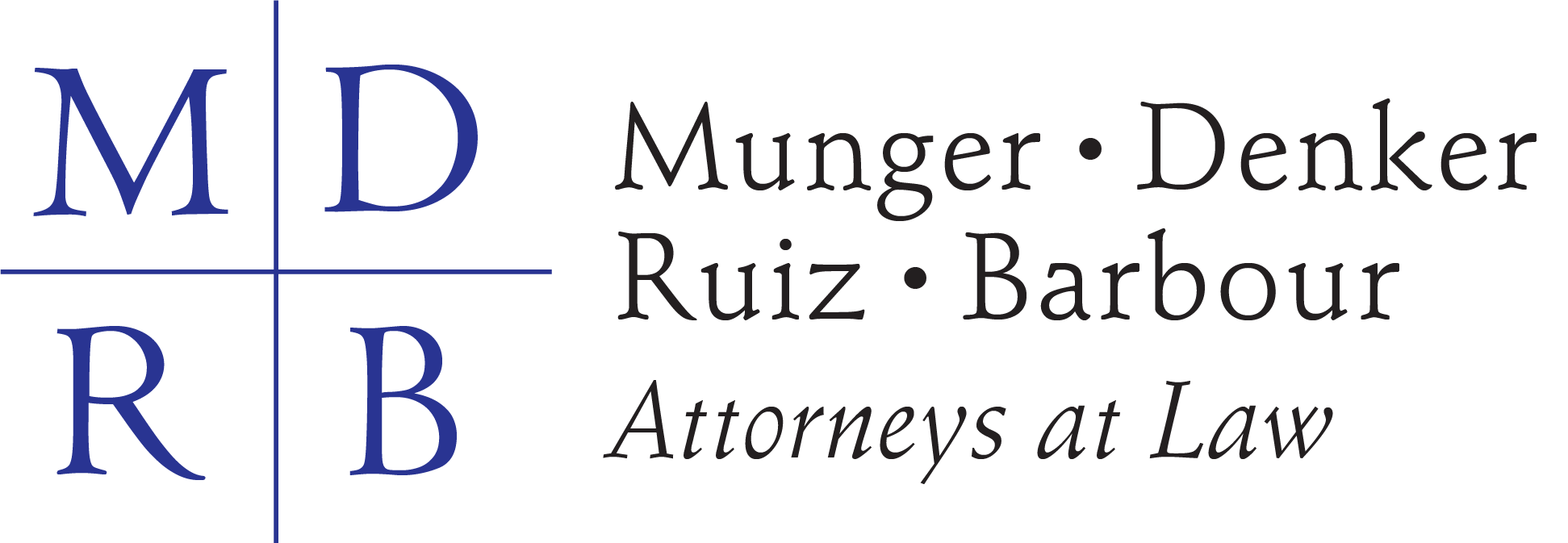
In re Estate of Crouse: A Case of Testamentary Capacity, Testamentary Freedom, and Undue Influence
Introduction
In the legal world, cases involving estates and wills can be complex and emotionally charged. In 2010, the Arizona Supreme Court dealt with a particularly intriguing case that brought the legal concepts of “testamentary capacity” and “undue influence” into focus. The case, In re Estate of Crouse, sheds light on the importance of ensuring that a person’s last wishes are respected and protected. For more information on how Munger • Denker • Ruiz • Barbour, can help you please contact us below.
The Background
Crouse revolved around the estate of Robert Crouse, a wealthy businessman who died in 2007. Crouse’s will, executed in 2005, left his entire estate to his girlfriend, Veronica Cammack, and excluded his three adult children from any inheritance. This decision raised suspicions and led to a legal battle that would challenge the validity of Crouse’s will.
Testamentary Capacity
In this case, one of the critical issues was testamentary capacity, which refers to a person’s mental and legal ability to create or alter a will. To be deemed competent, an individual must understand the nature and extent of his property, comprehend the beneficiaries of the will, and possess the mental ability to formulate a distribution plan. The court scrutinized Crouse’s mental state at the time his will was drafted to determine whether he possessed testamentary capacity.
Undue Influence
Another critical aspect of the case was the allegation of undue influence. Undue influence occurs when someone exerts pressure or manipulates a testator (the person making the will) to influence the distribution of the estate after the testator’s death. The court examined whether Veronica Cammack unduly influenced Crouse into disinheriting his children.
The Court’s Ruling
The Arizona Supreme Court considered multiple factors, including Crouse’s medical records, witness testimonies, and the circumstances surrounding the will’s creation.
The court ultimately concluded that Crouse did not possess testamentary capacity when he executed the will in question. There were concerns about Crouse’s mental state due to his deteriorating health and heavy reliance on pain medication. Furthermore, the court found evidence suggesting that Veronica Cammack exerted undue influence over Crouse, manipulating him into excluding his children from their inheritance.
Impact
Crouse serves as a reminder of the importance of protecting testamentary freedom while ensuring the integrity of the process. The case highlights the need for individuals to have the mental capacity to understand the consequences of their decisions when making a will. It also underscores the obligation of the legal system to safeguard against undue influence and manipulation, particularly when vulnerable individuals are involved.
At the same time, the Court recognized that persons excluded from a decedent’s estate plan might be tempted to use the courts to undo the decedent’s true wishes. Thus, in order to challenge a will (or a trust) on the grounds of incapacity or undue influence, the person challenging the estate plan must prove his case by clear and convincing evidence – the highest standard of proof required in non-criminal cases.
Conclusion
At Munger • Denker • Ruiz • Barbour, our attorneys have extensive experience both in challenging estate plans that do not reflect a decedent’s true wishes, and in defending trustees and personal representatives (executors) in defending against frivolous challenges to wills and trusts. To schedule a consultation with Munger • Denker • Ruiz • Barbour, please visit the link below.
Latest Posts
Quiet Title
Normally, it is simple to determine who is the lawful owner of real property: Whoever is listed on the last deed recorded with the county recorder’s...
Quiet Title
Safeguarding Your Interests in Arizona Probate Court
What Is Probate Court? A probate court is one that has authority or jurisdiction over all cases involving wills, trusts, estates, and...



